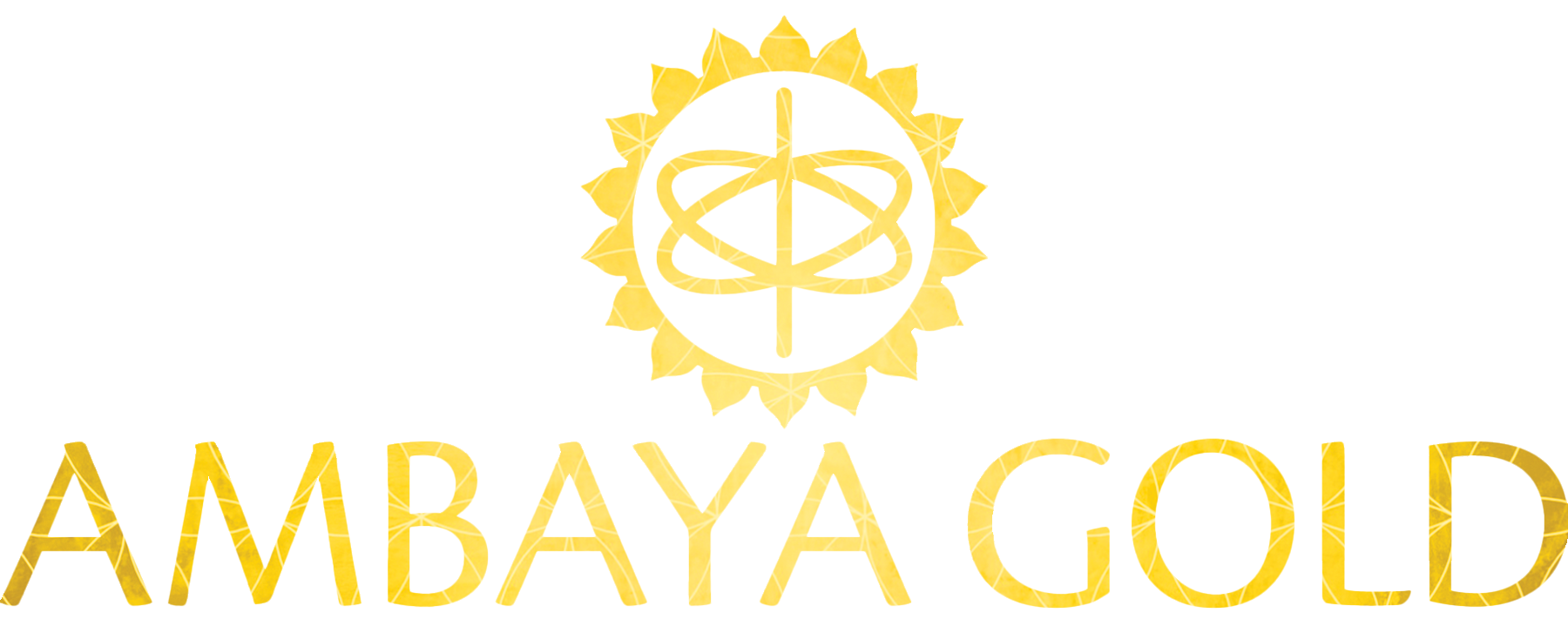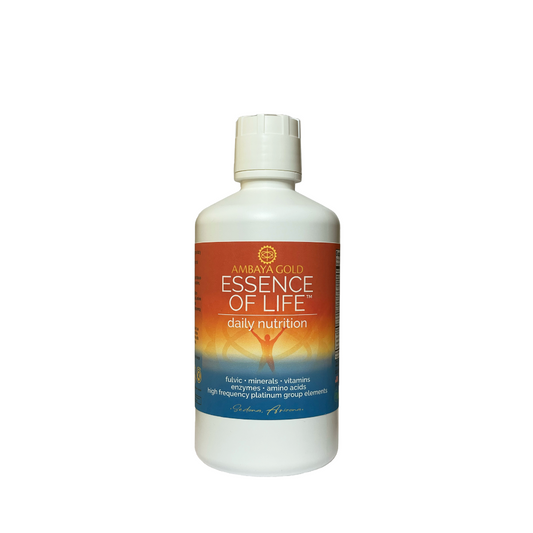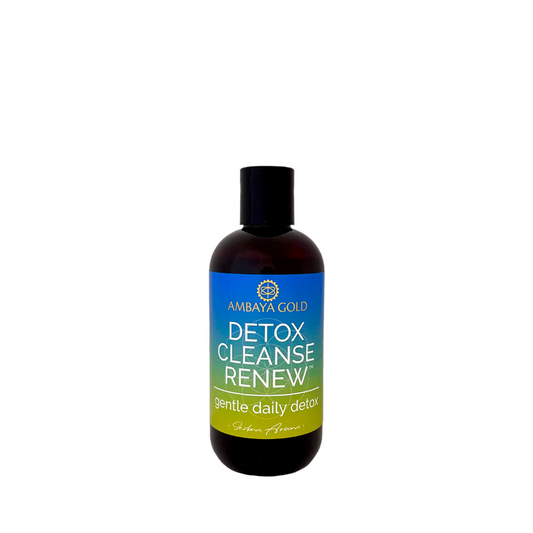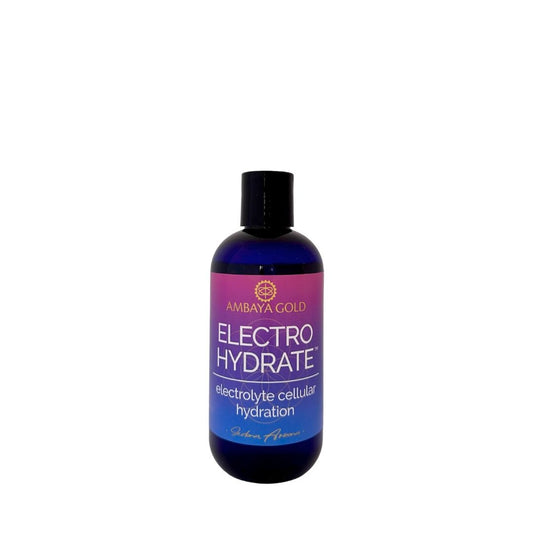Dopamine is one of the body’s most essential neurotransmitters. Often referred to as the “motivation molecule,”dopamine plays a vital role in mood regulation, focus, memory, motor control, and even the brain’s reward system. While your body produces dopamine naturally, certain foods, herbs, and lifestyle choices may help support healthy dopamine production and receptor sensitivity.
Below are 10 evidence-informed ways to naturally support dopamine, starting today!
1. Eat Tyrosine-Rich Foods
Dopamine is synthesized from L-tyrosine, an amino acid found in protein-rich foods. Eating a variety of tyrosine-containing foods can help supply the body with the building blocks needed for dopamine production.
Foods high in tyrosine include:
-
Eggs, Almonds, Chicken and turkey, Avocados, Fermented soy (like tempeh), Pumpkin and sesame seeds
Why it matters:
Tyrosine is converted into L-DOPA and then into dopamine in the brain. Adequate dietary intake supports this natural process.
Source: Fernstrom JD. “Precursor control of neurotransmitter synthesis.” Physiol Rev. 1983. PubMed
2. Get Sunlight or Bright Light Exposure
Natural light exposure, especially in the morning and evening, can support healthy dopamine levels by stimulating dopamine production in the retina and influencing the body’s natural circadian rhythm.
Benefits of morning light exposure:
• Boosts energy and mood
• May help regulate sleep-wake cycles
• Supports dopamine receptor activity
Source: Vandewalle G, et al. “Blue light stimulates cognitive brain activity in humans.” J Neurosci. 2007. Link

3. Exercise Regularly
Physical movement, especially aerobic exercise, is one of the most well-studied ways to increase dopamine naturally.
Dopamine benefits of exercise:
• Enhances dopamine receptor sensitivity
• Improves mood and motivation
• Reduces stress and anxiety
Try: Brisk walking, Dancing, Swimming, Rebounding, and Yoga
Source: Meeusen R, et al. “Exercise, nutrition and the brain.” Sports Med. 2001. Link
4. Practice Mindfulness & Meditation
Stress can rapidly deplete dopamine, while mindfulness practices may help replenish it. Meditation, deep breathing, and grounding exercises have been shown to increase dopamine during and after practice.
Mindfulness practices to try:
• Focused breathing
• Guided meditations
• Gratitude journaling
• Visualization
Source: Kjaer TW, et al. “Increased dopamine tone during meditation-induced change of consciousness.” Cogn Brain Res. 2002. Link
5. Improve Gut Health
The gut and brain are deeply interconnected through the gut-brain axis. While dopamine made in the gut doesn't cross the blood-brain barrier, a healthy gut can indirectly influence dopamine production and receptor function in the brain.
Support your microbiome with:
• Fermented foods (like sauerkraut, kefir, miso)
• Prebiotic-rich foods (asparagus, garlic, onions)
• High-fiber fruits and vegetables
• Hydration and mineral-rich water
Source: Carabotti M, et al. “The gut-brain axis: interactions between enteric microbiota, central and enteric nervous systems.” Ann Gastroenterol. 2015. Link

6. Prioritize Deep, Restful Sleep
Dopamine levels naturally rise in the morning and decrease at night to help you fall asleep. Poor or fragmented sleep can lower dopamine receptor sensitivity, making it harder to feel motivated, focused, or emotionally balanced.
Tips to improve sleep:
• Go to bed and wake up at consistent times
• Reduce blue light exposure in the evening
• Avoid caffeine late in the day
• Practice gentle stretching before bed
Source: Volkow ND, et al. “Sleep deprivation decreases binding of [11C]raclopride to dopamine D2/D3 receptors in the human brain.” J Neurosci. 2012. Link
7. Avoid Sugar & Excess Processed Foods
While sugar gives a temporary dopamine spike, overconsumption can dull the brain’s natural reward response over time. This may contribute to lower motivation and mental fatigue.
Try this instead:
• Choose whole fruit over sweets
• Swap refined carbs for root vegetables or whole grains
• Limit artificial additives and processed oils
Source: Avena NM, et al. “Evidence for sugar addiction: behavioral and neurochemical effects of intermittent, excessive sugar intake.” Neurosci Biobehav Rev. 2008. Link
8. Engage in Creativity & Purposeful Play
Creative expression and flow states are linked to increased dopamine activity. Whether you’re drawing, gardening, building, or playing music, engaging your right brain can support joy and presence.
Ideas to explore:
• Journaling or poetry
• Painting or collage
• Learning an instrument
• Playing with animals or kids
Source: Dietrich A. “Neurocognitive mechanisms underlying the experience of flow.” Conscious Cogn. 2004. Link

9. Incorporate Adaptogens & Nootropic Herbs
Certain herbs and trace minerals may help support dopamine balance, mental clarity, and emotional resilience. While not a replacement for professional care, they may be part of a holistic wellness plan.
Examples include:
• Mucuna pruriens (contains natural L-DOPA)
• Rhodiola rosea (supports stress adaptation and mood)
• Bacopa monnieri (supports cognitive clarity and memory)
• Ashwagandha (traditionally used to support calm energy)
• Lithium orotate (low-dose lithium salt studied for its neuroprotective effects)
• Gold trace minerals (used traditionally to support clarity and mood)
• Humic and fulvic compounds (may support cellular communication and detox pathways)
You’ll find many of these ingredients in various natural formulas designed to promote clarity, focus, and balance—like Brain Balance, our thoughtfully crafted blend featuring herbs and trace minerals traditionally used to support overall cognitive wellness.*
As always, consult a qualified practitioner when introducing herbs or supplements to your routine.
10. Celebrate Achievements—Even Small Ones
Dopamine is tied to the reward system in the brain. Each time you complete a task, even a small one, your brain gets a dopamine boost. Building momentum by celebrating tiny wins supports lasting motivation!
Try:
• Writing daily to-do lists and checking them off
• Acknowledging your progress
• Practicing self-encouragement over self-criticism
Source: Schultz W. “Multiple reward signals in the brain.” Nat Rev Neurosci. 2000. Link
Final Reflections
Dopamine is essential to a vibrant, motivated, and emotionally balanced life. While no single method is a magic fix, a combination of daily habits, nutrient-rich food, rest, movement, and plant-based support may encourage the body’s own capacity to regulate and balance dopamine naturally.
If you're seeking gentle, holistic ways to support your mental clarity and emotional resilience, look for supplements that include traditional herbs like Ashwagandha, Bacopa, and Mucuna, as well as trace minerals like gold and lithium orotate—each of which plays a role in a well-rounded approach to brain health.
Disclaimer: This article is intended for educational purposes only. It does not diagnose, treat, or cure any disease. Please consult your healthcare provider before beginning any new dietary or supplement program









